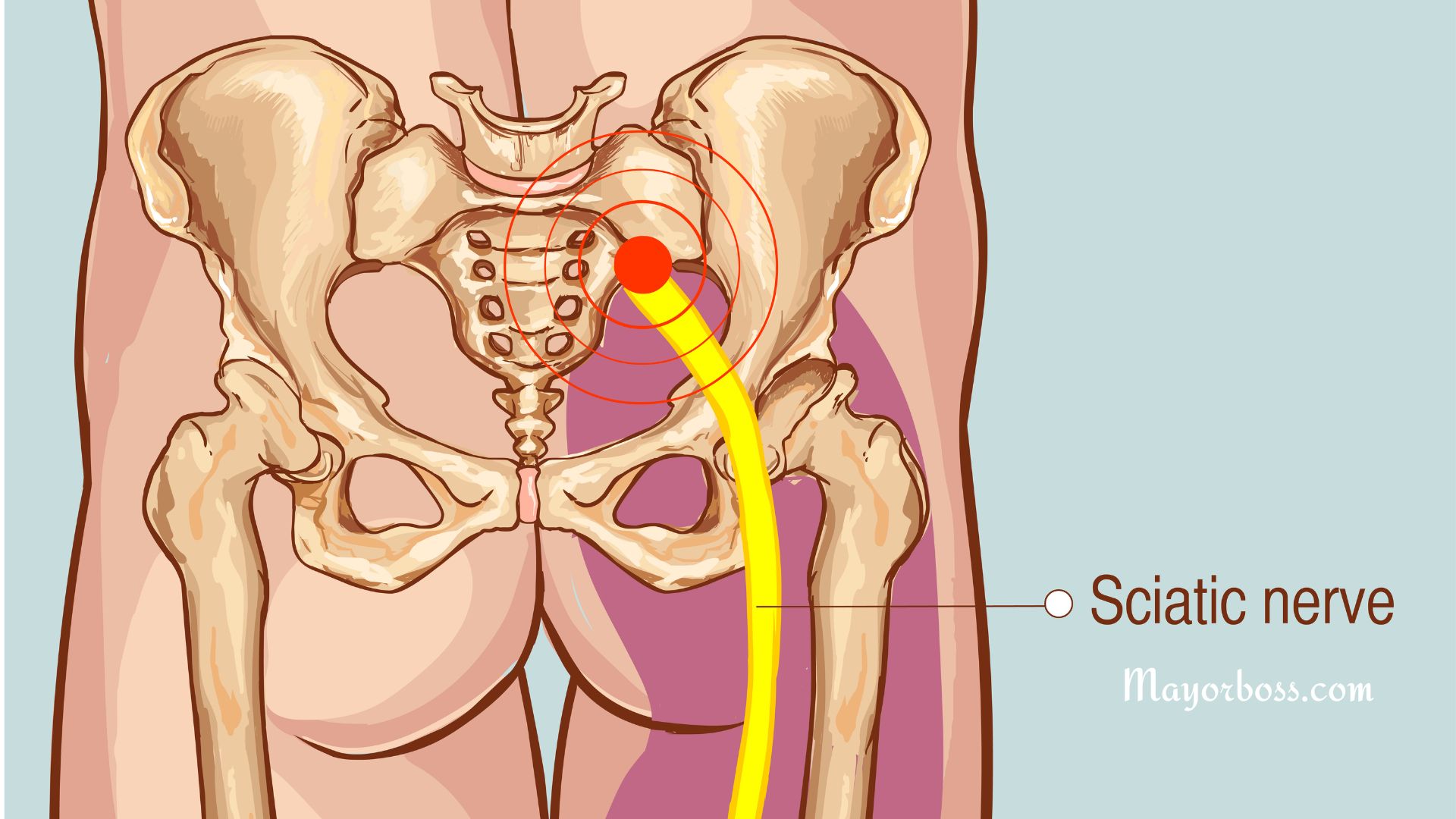What Happens To Your Kidney When You Take Ibuprofen Every Day
Ibuprofen, a familiar name in most households, is often reached for at the first sign of pain or discomfort. But have you ever paused to think about what happens to your kidneys when you take ibuprofen every day? This article looks at the intricate relationship between Ibuprofen and your kidneys.

Understanding Ibuprofen and its Impact
Ibuprofen is part of a class of drugs known as nonsteroidal anti-inflammatory drugs (NSAIDs). It’s widely used for its effectiveness in reducing pain, inflammation, and fever. However, its impact on the kidneys, particularly with long-term use, is a matter of concern.
How Ibuprofen Affects Kidneys
When you consume ibuprofen, it travels through your bloodstream to its target areas, but it also reaches your kidneys. Here’s the catch: your kidneys are responsible for filtering out waste from your blood, including medications like ibuprofen. Normally, this process is smooth, but regular, long-term use of ibuprofen can start to strain this system.
Reduced Blood Flow
Ibuprofen can reduce the production of certain chemicals that help keep blood vessels in your kidneys open. This means less blood flow to your kidneys, which can impair their ability to function optimally.
Risk of Kidney Damage
Chronic ibuprofen use has been linked to an increased risk of kidney damage, a condition known as interstitial nephritis. This can lead to reduced kidney function or even chronic kidney disease in severe cases.
Factors That Increase the Risk
- Duration and Dosage: The higher the dose and the longer the duration of ibuprofen use, the greater the risk to your kidneys.
- Pre-existing Conditions: Individuals with pre-existing kidney conditions, diabetes, or high blood pressure are at a higher risk.
- Age Factor: Older adults may have decreased kidney function, making them more susceptible to potential damage from NSAIDs like ibuprofen.
- Other Medications: Concurrent use of other medications that affect the kidneys can amplify the risk.
Preventing Kidney Damage
Moderation is Key
Using ibuprofen for short periods and at the lowest effective dose can help minimize the risk to your kidneys.
Alternative Pain Management
Consider other pain management strategies, like physical therapy, heat or cold therapy, or other types of pain relievers that are less taxing on the kidneys.
Stay Hydrated
Good hydration helps your kidneys function properly and can mitigate the effects of NSAIDs.
Regular Check-ups
If you’re using ibuprofen regularly, it’s crucial to have your kidney function monitored by a healthcare professional.
Conclusion
While ibuprofen is effective for managing pain and inflammation, its impact on your kidneys cannot be ignored, especially with daily, long-term use. Being mindful of the dosage, exploring alternative pain relief methods, and regular medical supervision are key steps in safeguarding your kidney health. Remember, moderation and vigilance are your best allies in maintaining overall health while managing pain.






